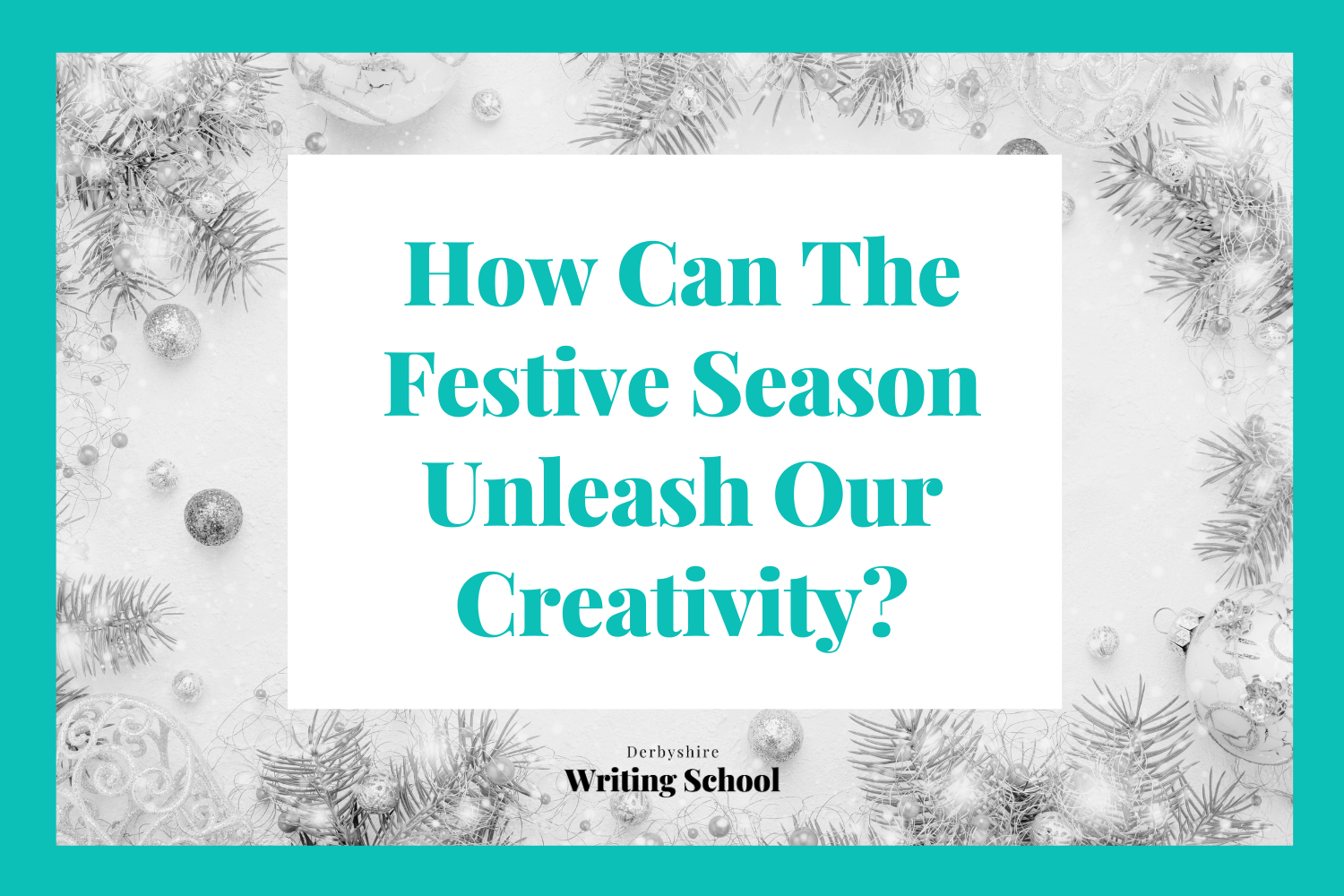Here Are 3 Powerful Reasons You Need To Read Fiction
From Frankenstein to Pride and Prejudice to Harry Potter, the world of fiction is an endless arena of creative possibilities. Each story is different, and each character is unique. The joy of reading fiction is not in dispute, but did you know there are many benefits of reading fiction? Benefits that can help us with our writing?
From taking us on an adventure into a new world to alleviating loneliness, there are several reasons why you must read more fiction now, and this blog will explore them. Read on to find out more…
The Benefits of Reading Fiction
1. Endless Possibilities
Although there are plenty of technical elements within fiction writing that we need to consider as writers, such as narrative voice, structure, and character development, at the heart of all fiction – whether reading or writing – is creativity and play.
There are no rules to dictate what species a protagonist can be, or the planet a book can be set on, for example. With this freedom, play and experimentation, our reading experience is enhanced. There are so many possibilities and unknowns on the pages in front of us it becomes a fun guessing game about where we might be taken next or what might happen. This unknown, this hook of possibilities is endless. And that endlessness provides opportunity. The more we explore how other authors have taken on the challenge, to push boundaries and try new things, the more we can learn how to do this in our own writing too.
With the endless possibilities that fiction provides, we have the opportunity to immerse ourselves in the author’s creation and discover new people, new places and new worlds.
Read more fiction so you can learn that possibilities exist everywhere and it’s our job as writers to explore this.
2. Reminding us, we are not Alone
Life throws all kinds of hurdles at us. Sometimes, it can be a powerful source of comfort to read about someone else experiencing something similar to you, to see that you’re not alone with whatever you might be struggling with. Especially when this is in fiction.
There could be a specific event that happens within the book that you find yourself relating to. Maybe it’s an unexpected ending to the novel. Perhaps something happened in your own life that you didn’t see coming, and you can see these feelings reflected in the story.
The world we’re reading about, and its characters might be fictional creations, but the connections we form with them can be powerful and reassuring.
Read more fiction to learn how to create a connection with your readers. Explore how emotion is splashed on the page, how we can share real themes or struggles through fiction, and we can allow readers to feel a part of our words.
3. Escape
Fiction has the power to transport us to new places. Sometimes, we can become so invested in the story we’re reading, that it feels like we’re right there in the author’s world living alongside the characters. It’s that can’t-put-the-book-down kind of feeling.
Losing ourselves to a story can also provide us with some respite from our own circumstances. We’re given the chance to escape our own world for a while. We can explore new places, follow the protagonist on their adventure and become invested in a different life.
Read more fiction now to escape and dream! Allow yourself to learn through osmosis how to write a book that someone else can’t put down.
4. Reading like a Writer
Of course, all of these benefits add up to show us that reading like a writer is essential. Reading like a writer is an approach to reading where you analyse and study a text with the intention of understanding and learning from the author's writing techniques and style. It involves paying close attention to the craft and structure of the writing, as well as the author's choices in terms of language, characterisation, plot development, and other elements.
When reading like a writer, you adopt a more critical and analytical mindset, looking beyond the surface-level enjoyment of the story or content. You examine how the author uses language to create specific effects, convey emotions, or build tension. You also observe the author's use of literary devices, such as metaphor, simile, symbolism, and foreshadowing, to enhance the narrative.
When you take this approach you can start to understand the structural choices made, and you can gain insights into how to use these techniques in your own writing.
Fiction Gives us so much to Explore
Whether it’s a crime novel or a love story, a sci-fi adventure or historical fiction, the world of fiction spans an enormous range of genres for both readers and writers to explore. By opening ourselves up to these wonderful stories, we also open ourselves up to experiencing the benefits, even those we might not be expecting.
How Derbyshire Writing School Can Help
It can be argued that the beating heart of fiction is the characters. However, the process of making them feel real and alive can also be challenging.
Our Creating Characters Workbook can help bring your characters to life and jump up from the page. It will help you build your characters through a step-by-step process and provide you with activities and tasks to help you understand everything about them, from how they feel to their motivation.
So, what do you enjoy most about reading fiction? Is there a particular character you relate to? We’d love to hear your thoughts! You can email us at info@derbyshirewritingschool.com.












